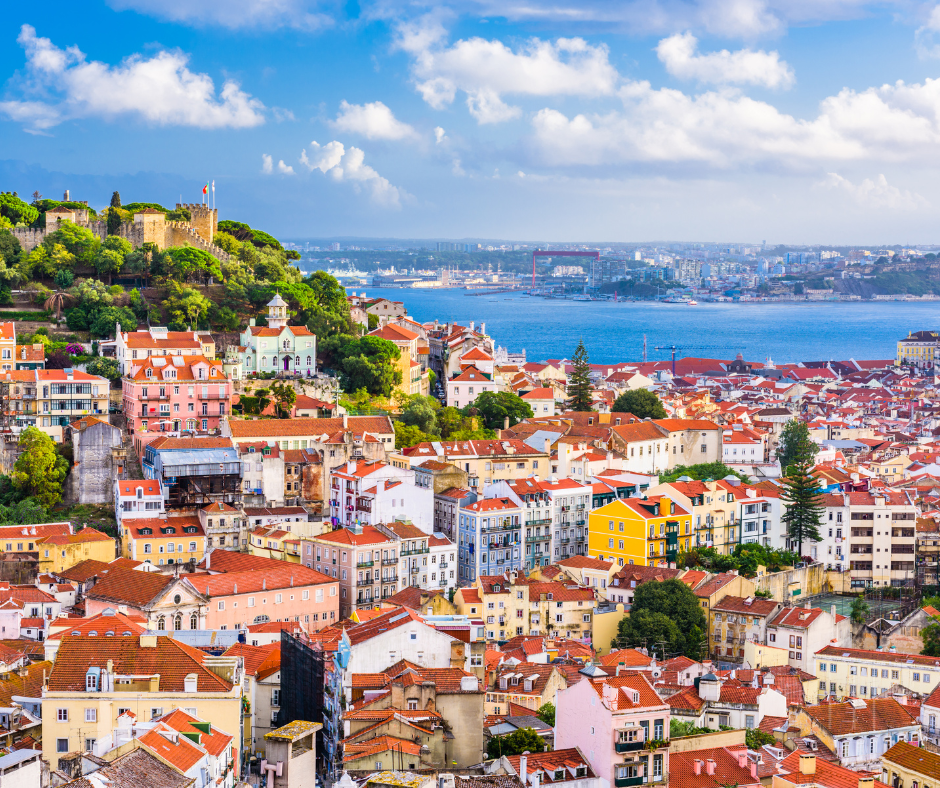There are those who do not spare criticism of foreign buyers and the tourism sector for “stealing” properties from the market. The government has already changed the rules, put an end to Golden Visas and imposed restrictions on local accommodation. Industry players shrug off responsibility
More and more foreigners are choosing Portugal to live in and, for many, buying a house is a must. They are often accused of contributing to the rise in house prices and the government has put an end to Gold Visas for property purchases under the Mais Habitação program. A recent survey carried out by Imovendo reveals that 16% of respondents say that the housing crisis is due to the sale of property to foreigners and some even say that “the excessive sale of real estate to foreigners harms the Portuguese population”.
According to this study by the Francisco Manuel dos Santos Foundation, “there has been an increase in demand for housing from foreigners in Portugal”, highlighting that this investment “is mostly made by European citizens, who have established and inalienable rights at national level to access the market, with Golden Visas representing a minority of this investment”. And it adds that, in the tax sphere, between 2009 and 2020, “there was a limited universe of around 52,000 beneficiaries of IRS reduction through non-habitual resident status”.
The document concludes that “pressure from foreigners on housing prices is greater in the metropolitan areas of Lisbon and Porto, but the impact of this demand on the median value of housing appears to be limited overall”.
The data shows that, in the case of foreigners who choose Portugal both to live and to invest, “there has been significant growth in investment in real estate in recent years, which in 2022 would represent 13% of GDP, compared to 4% in 2008”. It adds that “a significant part of this investment comes from citizens with EU rights to access the market, namely holders of European citizenship, with the remainder being carried out by non-EU citizens”.
The Francisco Manuel dos Santos Foundation says that it is important to point out that “non-EU foreigners who use the residence permit program for real estate investment activity and who may not be able to establish residence in Portugal due to permissive legislation at national level are a limited universe, with around 10,600 visas having been granted between 2012 and 2022, for a total investment of around six billion euros, which in 2022 represented 0.2% of GDP”.
With regard to visas issued to digital nomads, 26,525 citizens benefited between 2018 and April 2023.
“On the other hand, this phenomenon of attracting non-residents is helped by tax measures, such as the non-habitual resident program, which gives these citizens advantages in the way their income is taxed,” adds the study.
Data from Confidencial Imobiliário reveals that in the first six months of 2023, international buyers purchased 770 residential properties in Lisbon’s Urban Rehabilitation Area (ARU), amounting to 442.9 million euros. In total, the purchases were made by investors from 58 foreign countries. This activity translates into a six-month drop of 19% in the number of properties and 18% in the amount.
The impact of tourism
Real estate pressure is one of the most visible impacts of tourism. House prices, both for buying and renting, keep rising and the trend is set to continue. According to a survey by the University of Munich, which brings together the forecasts of more than a thousand economists, house prices in Portugal will rise by more than 8% a year over the next decade.
In the past, Brussels has also been concerned about the unstoppable rise in house prices and its consequences. The European Commission was particularly attentive to the effect that the explosion in demand for housing had on affordable housing for “socially vulnerable” groups, particularly in Lisbon and Porto.
But if, on the one hand, there are those who accuse tourism of “stealing” supply from the market, on the other, several people in the sector dismiss this responsibility and blame the government and local authorities for the lack of construction. In an interview with Nascer do SOL, Carlos Abade, president of Turismo de Portugal, admits that there is less housing supply than demand and that this is not the result of tourism, saying that “2008 and 2009 were the last years in which the level of construction for housing was the highest, since then the numbers have dropped and remained low, creating a lot of pressure from demand on supply”.
An argument that had already been used by Francisco Calheiros, president of the Portuguese Tourism Confederation. “If you ask construction companies if they think tourism is a problem, they’ll say no. In 2022, housing purchases by foreigners will have been around 5%, 6%, that’s not it. We have a housing problem, but it’s a housing shortage. In recent years, the same amount has been built as was built in one year 20 years ago. This is a problem that the government has to tackle with force, especially after reading that we have 700,000 vacant homes in Portugal. So if we have a housing shortage and 700,000 vacant homes, it would be a good idea to combine these two situations.”
As for local accommodation, the two officials pointed out that the Mais Habitação (More Housing) package already caters for this segment. Ana Jacinto, secretary-general of AHRESP, also told our newspaper: “Local accommodation cannot be associated with a lack of housing, it has nothing to do with a lack of housing. Local accommodation has always existed and so has the housing shortage. Obviously, we’re very concerned about the housing shortage.”
For his part, the president of Turismo Porto e Norte, Luís Pedro Martins, confessed: “I’m neither naïve nor naïve, and much less non-transparent. If you ask me if tourism only brings good things? No, that’s not true. Tourism has very positive impacts, but it also has some negative ones”.

